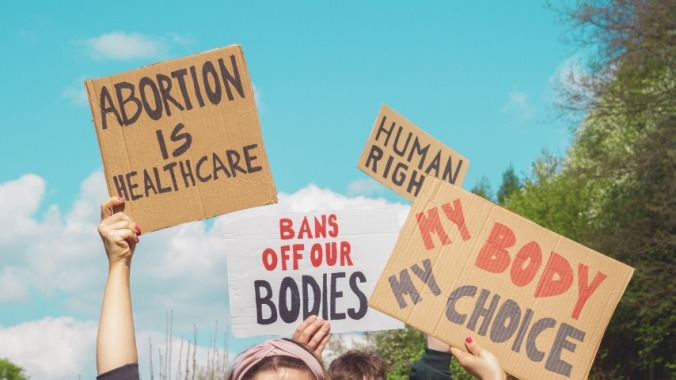In Florida, Election Day Marks 6 Months Under State’s Abortion Ban
The Tampa Bay Abortion Fund reports that, as expected, abortion seekers are traveling hundreds of miles and emptying their bank accounts for a basic health service.
Photo: Getty Images AbortionPolitics 2024 Election
It’s been six months since the Florida Supreme Court allowed the state’s six-week abortion ban to take effect. And, according to new data provided by the Tampa Bay Abortion Fund and first reported by Axios, reproductive rights activists’ warnings about the impact of the ban have all come true. The ban created massive, possibly insurmountable barriers to accessing abortion care, and these barriers highlight the stakes of Tuesday’s election.
-

-

-

-

-

-

-

-

-

-

-

-

-

-

-

-

-

-

-

-

-

-

-

-

-

-

-

-

-

-

-

-

-

-

-

-

-

-

-

-








































